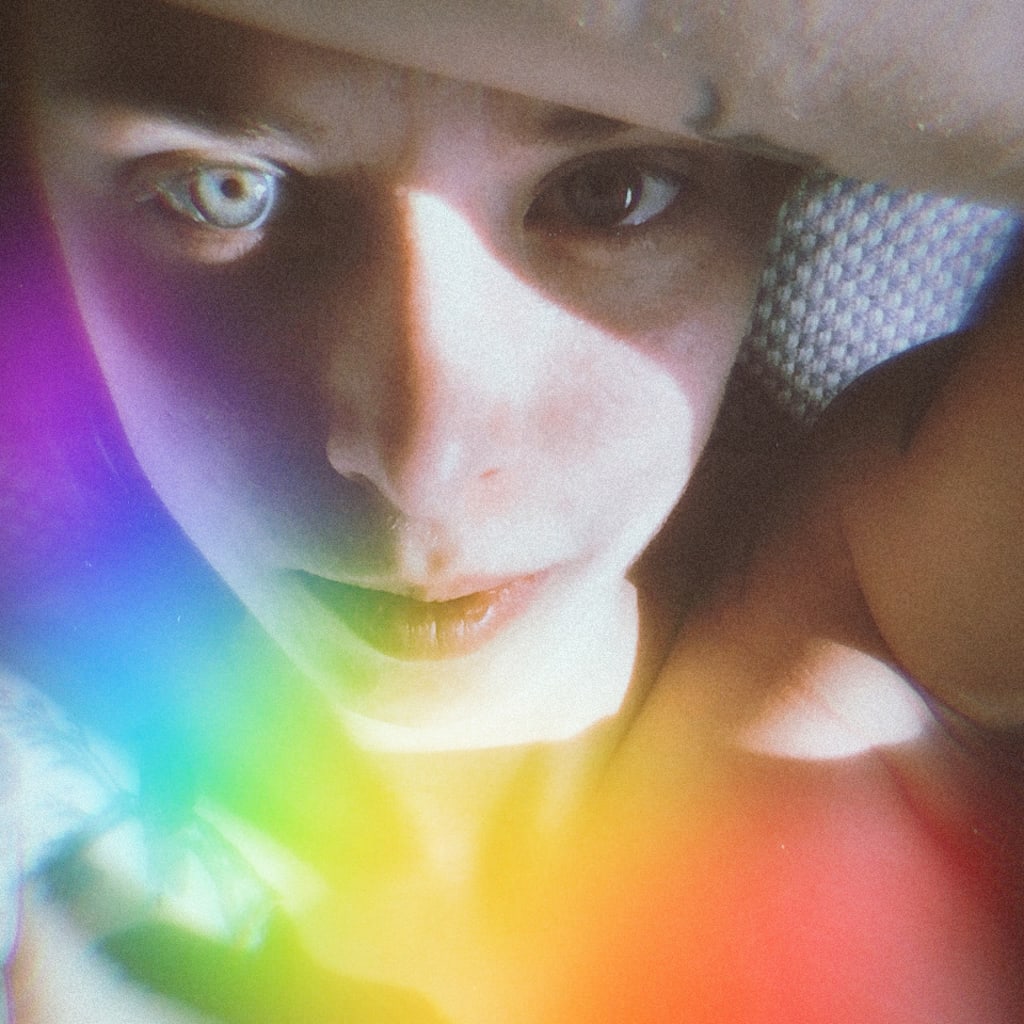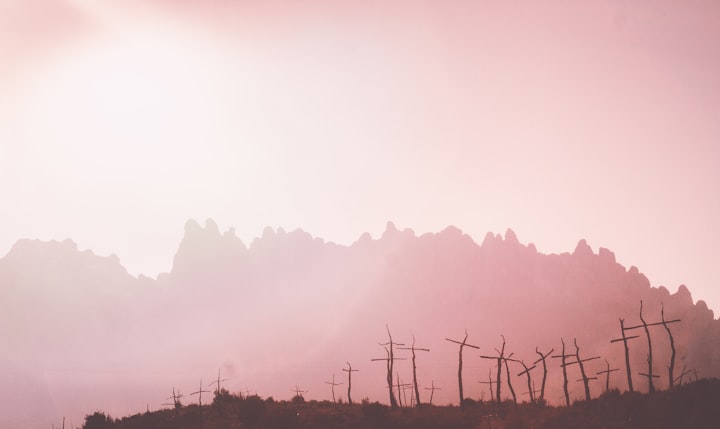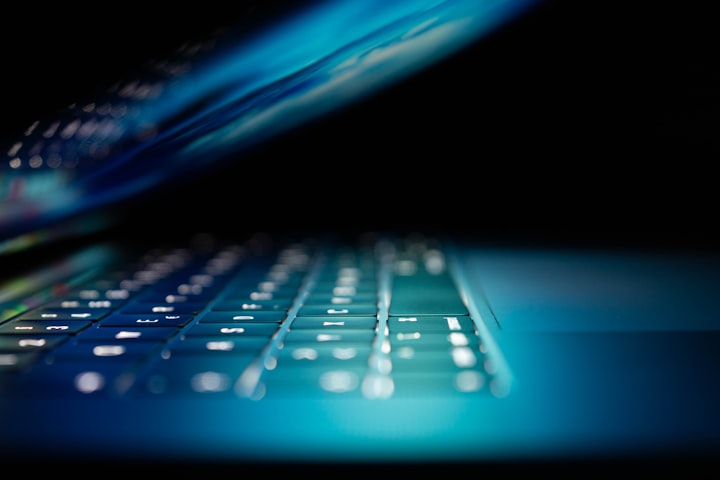Why Bi Visibility Is Important
"In what way are you LGBT?"

For as long as I can remember, I have been attracted to people of different genders. Even long before puberty, in kindergarten when liking someone had very little to do with any conscious sexual feelings and more to do with innocent butterflies. (I still maintain to this day that my first love was Jessica, when we were both four years old, even though I would struggle to put into words the difference between what I felt wrestling with her in the sofa and what I felt for other bffs I had later.)
From the age of seven, when I started primary school, I would always ask both boys and girls to dance at the after school discos and it never occurred to me that the other kids made their choices based on anything other than personality or height compatibility (I was the second tallest person in my year group at the time.) It was also around this time that I found out about sexuality. I was playing with a group of kids in the school playground when one of them said the word lesbian. Perking up at hearing a new word and eager to learn it, I asked him what it meant and he matter-of-factly told me that ”a lesbian is a girl who likes other girls” and I distinctly remember feeling a visceral surprise at the idea that there would even be a word for that, that there existed a word for something that I, up until that point, had assumed all girls did.
I was in my mid-teens when I found out that there was a different word for how I’d always felt and I remember telling my then best friend about the discovery in something akin to coming out, and he just gave me a weird look and said: ”I know. I’ve been telling people that about you for years.”
It didn’t change anything. Maybe at the time I thought it should, but now I’m well aware that the fact that it didn’t, the fact that I could say I liked girls out loud and actively ask other girls to dance and it was met with shrugs, means that I was very privileged. But even within that privilege, there was something a bit off. I didn’t become conscious of it until after my friend and I returned from having got on a bus to Stockholm to be in the Pride parade. There had been a weird but powerful feeling of belonging in that parade and I didn’t feel that at home.
The complexities and issues with sex and sexuality that I’ve dealt with throughout my teens and twenties has had very little to do with other people’s genders, even during the decade when I was to all intents and purposes asexual, I remained biromantic. I still developed crushes on people of all genders, I just had no interest in them sexually and no sex drive to speak of, probably as a result of depression but possibly also due to some barely consensual sexual experiences that left me with a muscle memory of associating sexual situations with violated boundaries and lack of autonomy and control.
When my sex drive slowly but steadily began to filter back, in my mid- to late twenties, the subject of sexuality became more important because suddenly, as I was contemplating downloading dating apps onto my phone and put myself out there, as encouraged by my flatmate, this bisexual business wasn’t theoretical anymore. Now, there were actual, practical decisions to be made. Filters to be set and faces to swept. And, although I started my newfound dating journey as I felt was expected of me, by keeping my choices as close to fifty-fifty as I could, gradually I began to accept the fact that I had very little interest in dating men and eventually ended up dating women exclusively. I began to self-identify as queer, a term which is both rebellious and inclusive, but more importantly encompasses sexuality, gender and personality all in one and allows for fluidity in a way that the other labels in the acronym don't.
Fast forwarding to my early thirties, maturer and definitely more confident in myself and my sexuality, I was still swiping my way through the dating apps, still optimistically hoping to meet that someone that I'd want to go on a second date with and, staying true to my bisexuality, every four or five dates I went on was with a man. Even though the only people I ever wanted to go on more than one date with was women.
Then, I met one man that I actually clicked with. In fact, I more than clicked with him. I had an inkling of a connection with him and I definitely wanted to see him again. This person ticked all the boxes for me, even the sexual one. So we went on a second date, and a third.
Today is Bi Visibility Day. And if I’m perfectly honest, I didn’t see the point of this day when I was still dating. I self-identified as queer and no-one questioned it. But ever since I fell in love with my partner, who just happens to be a cisman, I don’t feel like I can call myself queer anymore. I also feel like the full spectrum of my sexuality, which I’d finally embraced and become comfortable with, is now half-hidden behind this relationship, like I’m supposed to be straight now.
My partner, although accepting of my bisexuality, once questioned the idea of an LGBTQ community and said: ”In what way are you LGBT?”
I couldn’t put what I felt into words then anymore than I can put into words how my feelings for Jessica at four years old was different to my feelings for Katarina and Niklas. But my partner’s question, undoubtedly genuine and not meant to hurt or erase anything, puts a finger on something that I’ve subconsciously been struggling with since the beginning of this relationship; how does a person’s sexuality manifest itself outside of dating/relationships? How is sexuality interconnected with personality? Why do I feel like half of me is now invisible because I’m in a romantic relationship with a cisman?
I often remember that feeling of belonging that I experienced when my friend and I danced along in the Stockholm Pride parade back in 2012 and I miss that feeling. I’ll get an urge to spend more time in LGBTQ settings and regain some of that sense of community, because I do feel more at home in those settings than heteronormative ones. But something always holds me back now, like I don’t belong there anymore. Like I would be an imposter.
So I get it now. I get why visibility is important, even bi visibility, maybe especially bi visibility.






Comments
There are no comments for this story
Be the first to respond and start the conversation.